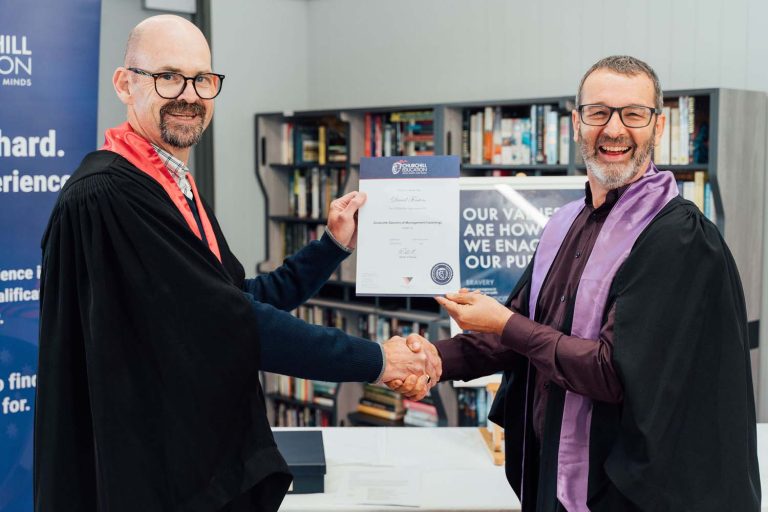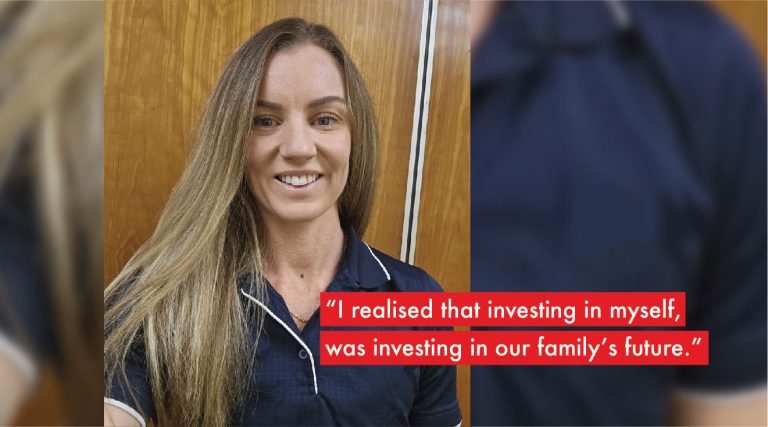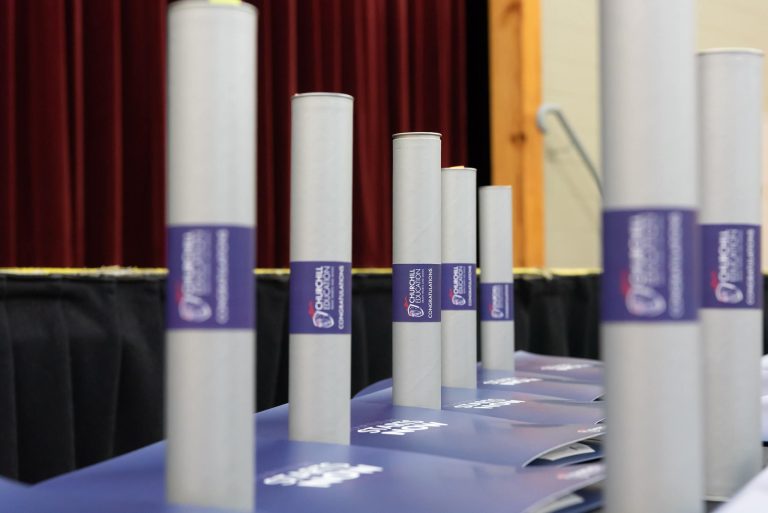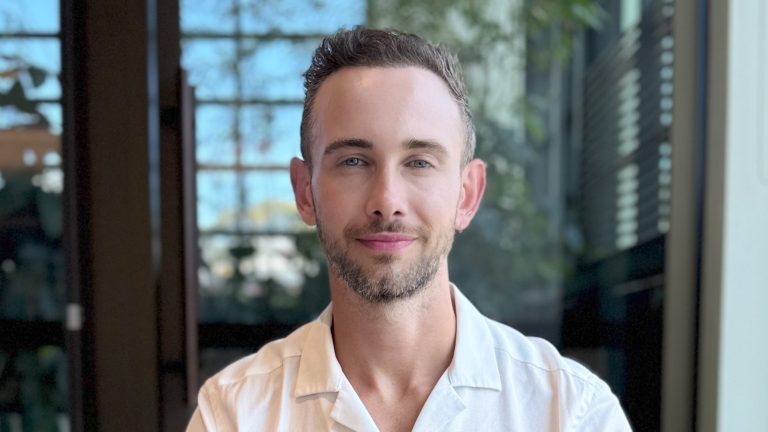Have you heard about the Great Resignation aka the Big Quit? It’s a new employment phenomenon making global news headlines, and yet another way the pandemic is changing the way we live and work.

It’s a term originating in the US, where over 15 million people have quit their jobs since April 2021.
Economists and industry experts are forecasting the trend will be in full force in Australia by March 2022.
According to research by Price Waterhouse Coopers, “40% of the global workforce are considering leaving their employers”. (ABC News)
Listen to this article on our podcast, The Churchill Education Experience:
WHY the mass exodus?
For some it is a forced change due to vaccine mandates, but for many it is simply a catalyst for a change they’ve been wanting to make.
A change to a career more aligned with their values.
For some that is work they really care about.
For others it is a job that gives flexibility around family life.
And for others still, it is opportunities for growth and progression.
The changing careers of Churchill graduates
Churchill Education graduate Evan Szawejko left the Queensland Police Service, and moved into an auditing role in the private sector with the Fire Protection Association Australia, because he wanted greater career progression.

“The amount of progression I’ve had in this new career has seen me stepping up into more of a management position. The opportunities that have come as a result of utilising the skills I developed in police have been really positive,” he said.
Meredith Williams turned 20 years of high-level corporate project management into her own business, because she wanted to be her own boss, and achieve a better work-life balance.
Then in 2020, as the world faced extreme uncertainty, she decided to anchor the storm by taking a full-time job offer to get her through the turbulent economic times.
As the waters of the Australian economy start to calm, Meredith may opt to go back to her consulting work.
Luke Allan left a 17-year RAAF career to spend more time with his young family, create a home and become part of a community instead of constantly moving.
These three people had one thing in common. They all used Recognition of Prior Learning to turn their transferrable skills into qualifications.
Find out what you’re eligible for
Recognition of Prior Learning (RPL)
RPL turns what you’ve done and what you know into nationally recognised qualifications that demonstrate the value and transferrability of your skills and knowledge.
When it comes to changing careers, qualifications that benchmark your skills and abilities are gold.
Here’s what Evan, Meredith and Luke said about their RPL experience:
“I didn’t realise there was so much that I did within police that could contribute to a qualification. I think you can feel a bit pigeonholed when you’re in the police for so long. You feel as though your skills are so specific, but in reality, they are very useful in other industries as well.”
– Evan
“Don’t second guess what you are capable of, and the value of your accumulated experiences. Get that piece of paper. Definitely go for it, because your skillset is saleable.”
– Meredith
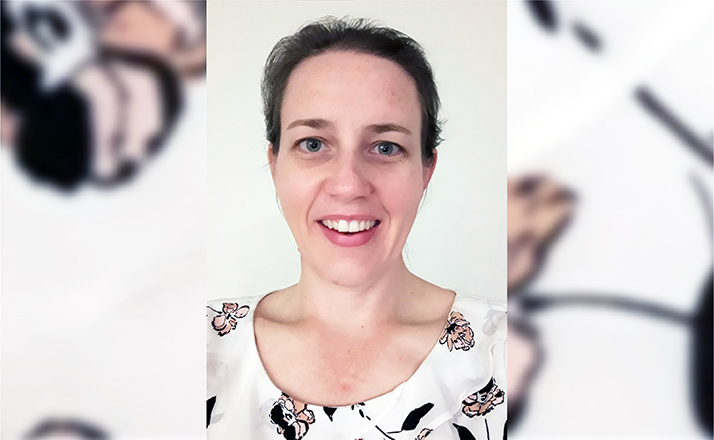
“It was the biggest surprise. I wasn’t sure what was going to happen. I submitted everything and thought, if I get one or two recommendations or even three, I’ll be happy. I’ll take whatever I can get and move forward. But then I got the email back saying I could achieve a whole list of qualifications. I couldn’t believe it!”
– Luke
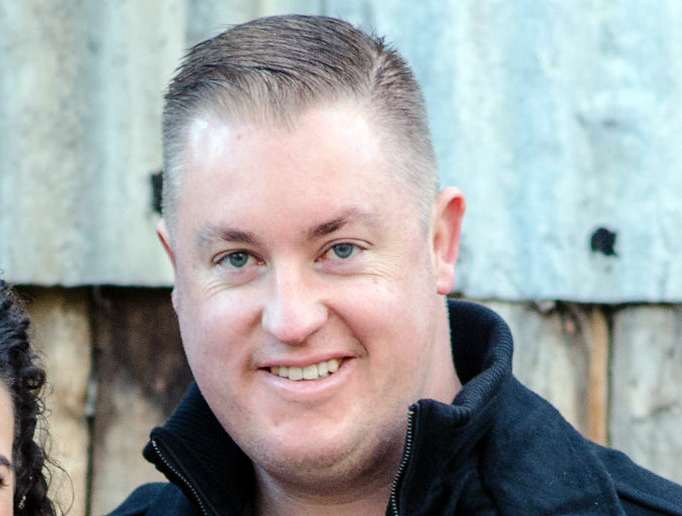
What’s right for you?
If you’re lucky, your job lives up to the adage: “do what you love, love what you do.”
But for many, a job is a means to an end. A way to pay the mortgage, put the kids through school, buy a new car, or a boat or take an international holiday. (Okay, so that last one has been struck off the list for now, but it’s temporary.)
And then there will come a point in many people’s lives when they look up and ask, “is this all there is?”
And wonder what they’re really made for?
Ironically, knowing what you DON’T want to do is much easier than knowing exactly what you DO want to do.
Recently we came across something called Sparketype.
Here’s a great interview with the creator Jonathan Fields.
It’s a career assessment tool that can help you pinpoint the type of work that makes you leap out of bed in the morning, and punch the air whilst declaring, “Yes! I was born for this.”
There’s a free online assessment you can take here which reveals your primary and secondary drivers (sparketypes), and the thing you can do but really prefer someone else to do! (your anti-sparktype).
At the end of the questionnaire you’ll be given a summary of your Sparketypes, which gives you insights into the type of work that lights you up.
Let us know how you go!
If you think you might be part of the 40% of Australians considering a career change in the next 12 months, book one of our free assessments to find out what qualifications you are eligible for:

